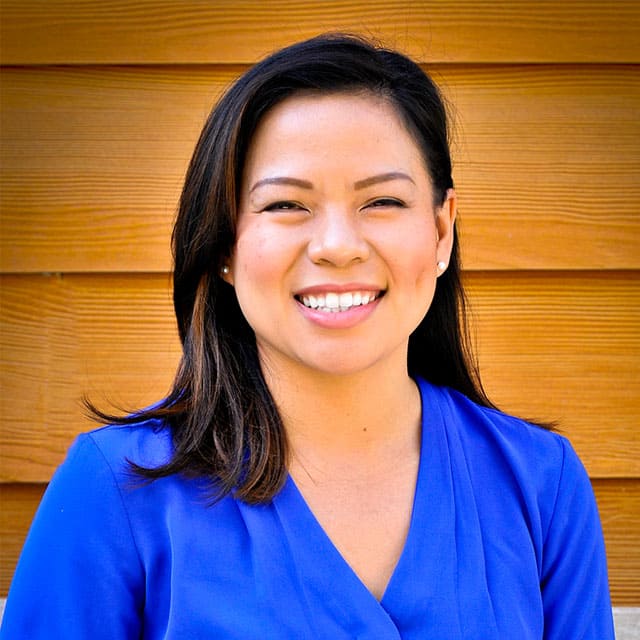Welcome to your senior year of high school! In less than 12 months you’ll begin college, learning from incredible faculty, finding new adventures and taking important steps to an amazing career. As you are getting ready for college next fall, here are six things to keep in mind this year.
#1. Give yourself choices
Someone has probably told you to apply to several colleges – I totally agree. When you apply to only a couple of colleges or one or two dream schools, you don’t allow yourself enough choices at the end of your senior year.
Even if a college seems like the perfect fit initially, you may be denied admission or put a wait list. You may also realize the school is everything you expected, especially after you visit, or you may not be able to afford the final cost.
Deciding on a college is a two-way selection process. Colleges are choosing you (by granting you admissions), but you are also selecting the college. Make sure you have choices.
#2. Get your GPA on track
Do you need a certain grade point average for college admissions or scholarships? This is your chance to make that improvement. Many school districts offer in-person, virtual or accelerated courses you can take right now to get ready for college.
Work with your high school counselor to develop a pathway to achieving your academic goals this year. And, be sure to ask your counselor whether taking a new course will replace a previous grade or if both grades will be counted.
#3. Find out how AP, IB and Dual Credit courses will transfer for your degree
Contrary to popular belief, colleges and universities do not all accept Advanced Placement, International Baccalaureate and Dual Credit courses the same way. For example, one school may require a four on the AP English Language and Composition exam while another school may accept a three. The college catalog at each school should give you a good idea of if and how credits transfer.
It’s also important to keep in mind that AP, IB and Dual Credit may be accepted at a college, but not necessarily applied to your specific major. The University of Nevada, Reno will evaluate AP, IB and Dual Credit scores as they come in, so send your scores to the University as they become available.
#4. Determine if you should take (or retake) the SAT and ACT
This is a great time to find out if the SAT and/or ACT are required for your school. While many colleges do not require an SAT or ACT score for admissions, your test scores may be used to determine your first-year college course placement.
For example, at the University of Nevada, Reno we do not require an ACT or SAT score for general admission. However, to be placed into certain courses, like math or English, we look at AP, IB, Dual Credit, SAT, ACT, placement exams, etc. to determine which math or English course you will take your first year. For help understanding your scores and placement options, reach out to an admissions coordinator.
#5. Get ready for the FAFSA
The Free Application for Federal Student Aid (FAFSA) opens each year on October 1. While the federal government uses the FAFSA to determine if you are eligible for federal funds, universities can also require a completed FAFSA for university or state funds, like scholarships and grants. The University of Nevada, Reno hosts FAFSA workshops each year to assist you with completing the FAFSA.
#6. Start looking for scholarships and grants
If you’re waiting until the spring of your senior year to apply for scholarships, you’re probably too late. Many scholarship deadlines are in the fall and winter so now is the time to get going. Search for local and university scholarships first as they often have smaller applicant pools. Then, seek out national or international awards. This is also the time to work on any last-minute requirements for those scholarships including GPA, test scores and community service.
While applying for college can feel daunting, the University of Nevada, Reno Office for Prospective Students is here to help you get ready for college. Our Admissions Coordinators assist students throughout the process, answering your questions each step of the way. Find your admissions coordinator today or reach out to our Transfer Student office or Office of International Students and Scholars for further assistance.
 Jeanette Chan-Rivera, M.S. is the Manager of Recruitment and Marketing at the University of Nevada, Reno. Over the last 15years, Jeanette has worked with hundreds of families navigating the admissions, financial aid and college readiness process. Her work also includes marketing and communication on behalf of the University’s Office for Prospective Students.
Jeanette Chan-Rivera, M.S. is the Manager of Recruitment and Marketing at the University of Nevada, Reno. Over the last 15years, Jeanette has worked with hundreds of families navigating the admissions, financial aid and college readiness process. Her work also includes marketing and communication on behalf of the University’s Office for Prospective Students.
Request more info
Do you have more questions we can answer? Are you interested in receiving additional information about the University, the admissions process, applying, financial aid or more?
